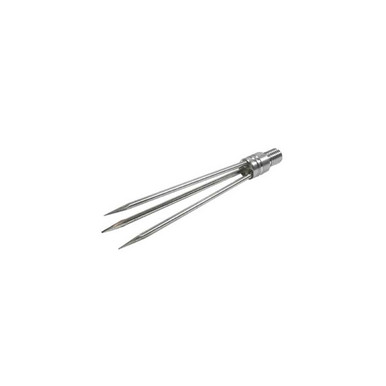Lionfish are not poisonous, they are venomous. The difference between poison and venom is the method of delivery. Venom must be injected into the bloodstream to cause injury, such as through a sharp spine or fang, but is harmless if drunk or eaten. Poison has to be ingested or absorbed to be harmful; lionfish carry no poison in the edible meat of the fish.
The venom found in the needle-sharp dorsal, pelvic and anal fins of a lionfish is NOT deadly to an otherwise healthy human being, though envenomation WILL cause an immense amount of localized pain, swelling and, in some instances, blistering and infection if not treated properly. It is possible for some people to have an allergic reaction to the venom, which comes with a host of potentially deadly complications resulting from anaphylactic shock, which could also be caused by any other serious allergy to bee stings or eating shellfish.
Lionfish fact: Lionfish venom is a protein-based, neuromuscular toxin that can be denatured when cooked over 350 degrees for just a short period of time. Heat breaks the proteins down, which is why soaking the affected area in very hot water is also an effective first aid treatment for lionfish stings.
Note, however, cooking lionfish is NOT required. They are NOT poisonous to eat and if you did consume the venom from the spines, nothing is likely to happen.




